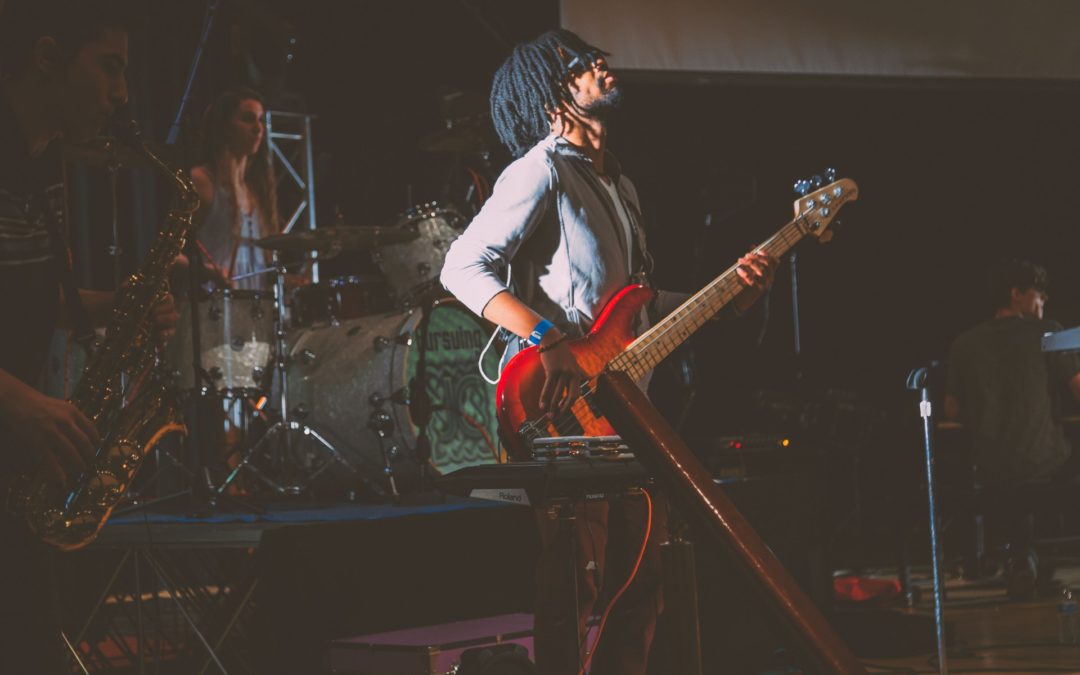Live music performances date back to the dawn of humans, with early humans mimicking the sounds they heard around them. Since then, musical performances have evolved to take the form of the traditional concerts enjoyed today. Despite some artists hoping to subvert the traditional concert performance, these remain the top form of live music in the 21st-century.
Early Live Music
More than 100,000 years ago, the early humans entertained each other with primitive performances. Before the use of the first musical instruments, prehistoric humans would mimic the bird and animal sounds they heard. As humans began to develop they began to create musical instruments. Around 40,000 years ago, the earliest civilizations created rudimentary flutes for religious festivals.
The Arrival of Composed Music
If the early human civilizations struggled with composing music, the Ancient Romans and Greeks created the first composed music. The early European civilizations used musical compositions to provide a soundtrack for their lives. At the same time, the Persians and Indian nations began to develop their own musical styles. The history of music is located in nations within the civilized world despite developing independently.
Composed music provided the soundtrack for religious festivals long after the Roman Empire fell. Live music did not take place in independent venues, but in the churches and cathedrals of Europe. The introduction of the pipe organ provided dedicated music for the congregation of each church and cathedral from the middle Ages onward.
Moving out of the Church
By the late-18th-century, the Church was still a patron of musicians and composers. The live music venue had begun to take hold as Bach and Mozart brought their compositions into the parlors of important people across Europe.
From the Orchestra to Jazz
As the superstar composers of the 18th-century came to the fore, orchestras and opera singers became popular. The orchestras of Europe made their homes in grand halls with perfect acoustics. By the start of the 20th-century, the Jazz musicians had taken control of music and offered a glimpse into the future.
Rock and Roll is Born
The 1950s and 60s were a fertile ground for rock musicians who developed their style from R&B performers. Promoter Bill Graham introduced the modern concert and many of the innovations still in use today as popular artists, Pink Floyd, developed the special effects still in use in the 21st-century.
